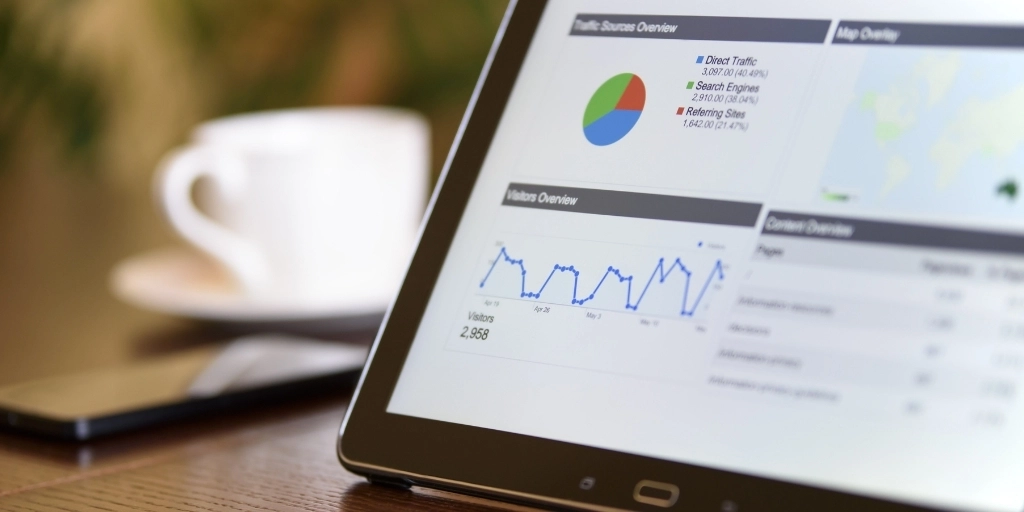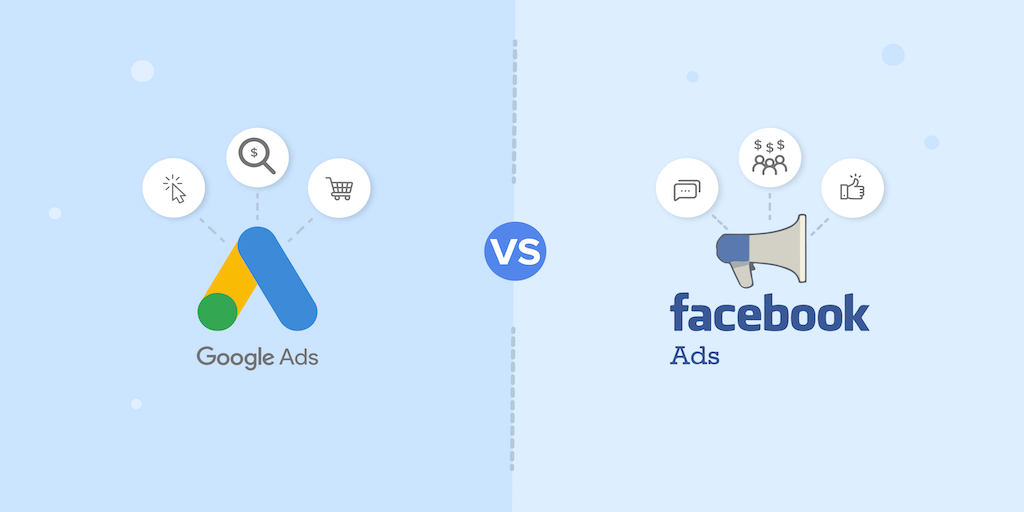
Demystifying Google Ads Budget: How Much Should You Spend?
One of the questions we receive more often
How much money should you spend in Google Ads campaigns?
Are you eager to harness the power of Google Ads but find yourself unsure about the appropriate budget? Allocating the right amount for your Google Ads campaign is a critical decision that can significantly impact your online marketing success. In this blog post, we'll delve into the factors to consider when determining your Google Ads budget and provide you with valuable insights to help you make an informed decision.
1. Define Your Advertising Goals:
Before establishing a budget, it's crucial to clearly define your advertising goals. Are you aiming to increase website traffic, generate leads, boost sales, or enhance brand visibility? Each objective requires a unique approach and investment. Identifying your goals will provide a solid foundation for determining your Google Ads budget.
2. Calculate Your Customer Lifetime Value (CLTV):
Understanding the value each customer brings to your business is essential for setting an effective Google Ads budget. Calculate your Customer Lifetime Value (CLTV) by analyzing historical data and considering factors such as average purchase value, repeat purchases, and customer retention rates. This will help you gauge the long-term profitability of your marketing efforts.
3. Consider Your Average Cost per Acquisition (CPA):
Analyzing your historical data will also provide insights into your Average Cost per Acquisition (CPA). CPA refers to the amount you spend to acquire a single customer. Determine the CPA you're comfortable with and align it with your marketing goals. A higher CPA may allow for a larger budget, while a lower CPA may require a more focused and optimized campaign.
4. Assess Your Industry and Competition:
The competitiveness of your industry and the cost per click (CPC) in your niche are crucial factors in determining your Google Ads budget. Conduct thorough research to evaluate the CPC for relevant keywords and assess your competitors' advertising strategies. This information will help you gauge the level of investment required to stay competitive in your industry.
5. Start with a Test Budget:
If you're unsure about the ideal budget for your Google Ads campaign, consider starting with a test budget. Allocate a small amount to assess the performance and effectiveness of your ads. Monitor key metrics such as click-through rates, conversion rates, and return on investment (ROI) to gauge the success of your initial campaign. Based on the results, you can then adjust and scale your budget accordingly.
6. Leverage Google's Keyword Planner:
Google's Keyword Planner is a powerful tool that can provide insights into estimated search volumes and suggested bid ranges for specific keywords. Utilize this tool to explore keyword options related to your business and gain a clearer understanding of the potential costs involved in targeting those keywords.
Conclusion:
Determining the ideal budget for your Google Ads campaign requires a thoughtful analysis of your goals, industry dynamics, and historical data. By defining your objectives, understanding your customer value, assessing your competition, and leveraging available tools, you can make an informed decision about how much to spend on Google Ads. Remember, finding the right balance between budget and results is a continuous process that requires monitoring, optimization, and adjustment.
Unlock the potential of Google Ads by setting an appropriate budget that aligns with your business objectives. Invest wisely and watch your online marketing efforts flourish.
Ok, this was a post by ChatGPT and the stuff we need to do to rank in Google. Now I'm going to tell you the truth about how much money you should spend in Google Ads campaigns:
I would suggest always to start small, and start growing when you see some revenue o valuable leads. But what is small? Small might be different for each advertiser, so I will give you a rule of thumb to help you make a decision: Start with a weekly budget so small, that if you lose it all without any or little return it won't affect your company's finances, but big enough that you will be able to gather some data.
Other aspects to take into account
Google Ads prices are determined by several factors. Among them we have to have the account:
The advertiser's industry, the customer's life cycle, seasonal trends and how well you manage the account or campaign.
1. Industry: Cost Per Click varies by industry.
For example, legal or accounting services usually have a high cost per click since they are one of the most competitive sectors.
On the other hand, art or entertainment companies have lower CPCs since they tend to seek greater reach but have a low conversion rate.
2. Seasonality: All seasonal aspects of products or services greatly affect the CPC of campaigns. For example, if it's Black Friday, product CPCs escalate rapidly as competition increases.
3. Management: Good management can be decisive in reducing costs within Google Ads, since the quality index of the ads influences their CPC and ad positioning.
And to have a high quality score, you need to choose the right keywords, the relevant landing page and create relevant ads and extensions, keeping your target audience in mind.
The more effective you are at this task, the higher your quality score will be and, consequently, the lower your cost per click will be.
We hope that these tips have been useful to start or optimize your Google Ads campaigns. For more information or help with your campaigns you can visit our agency, here: www.oldfox.io
OLD FOX
More posts:
Meta Ads or Google Ads?
Which platform should you use?
Do you know your buyer persona?
Create it using this free tool



